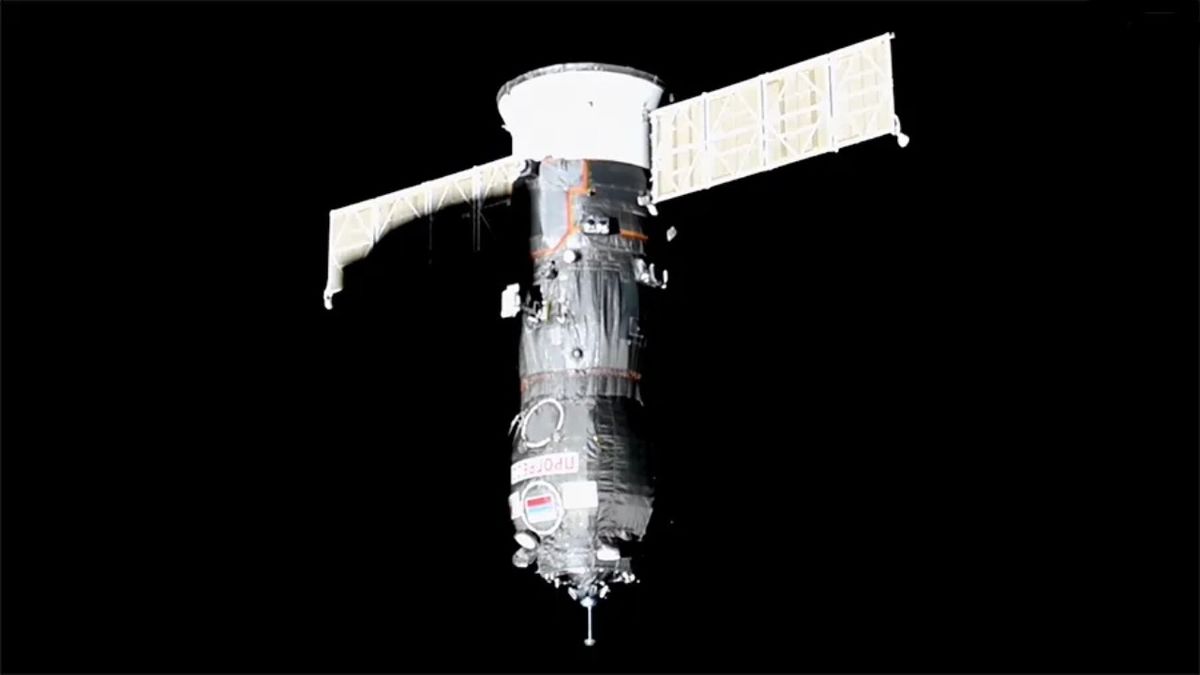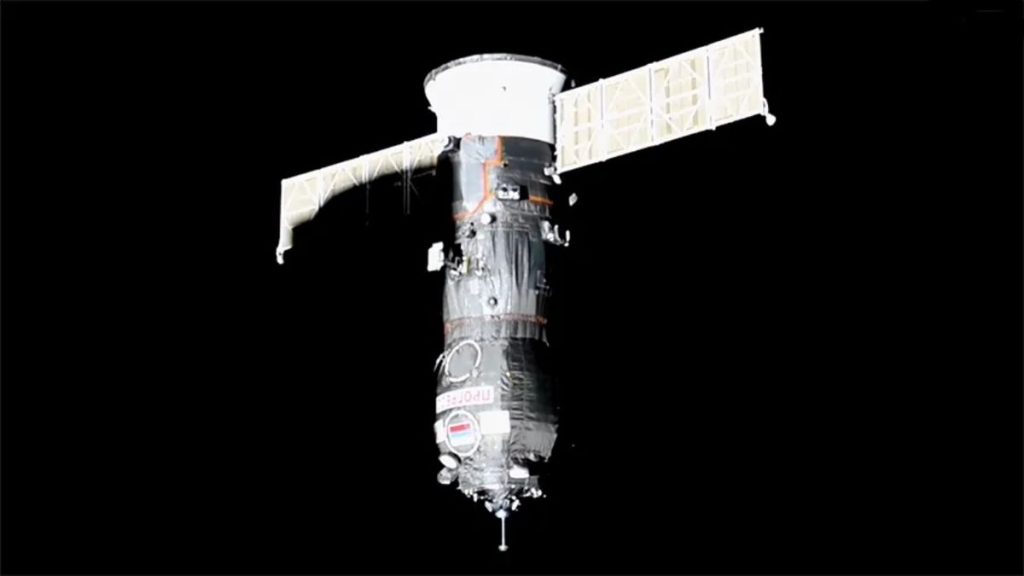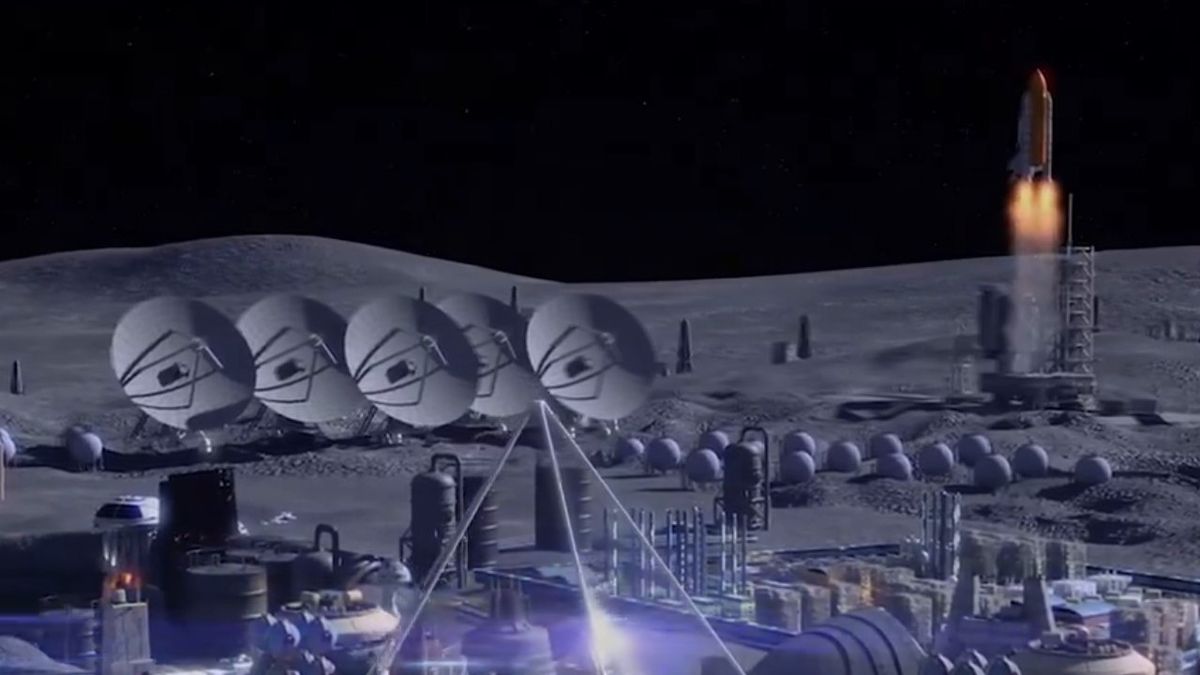ISS astronauts open the hatch of a Russian spacecraft after an unusual odor postpones cargo delivery.


ISS astronauts open hatch to Russian spacecraft after strange smell delays cargo delivery (Image Credit: Space.com)
A Russian spacecraft is finally open to the space station after its cargo delivery was delayed by an unusual smell.
A robotic Progress spacecraft docked at the International Space Station as planned on Saturday (Nov. 23) after its launch on Nov. 21, but astronauts reported a strange stench coming from the vehicle that delayed unloading.
NASA officials say the smell has receded and that the Progress unloading is going to plan as of Monday (Nov. 25). “The crew reported the odor dissipated quickly and cargo transfer operations are proceeding on schedule,” the agency wrote in an ISS blog post on Monday afternoon.
Related: ‘Unexpected odor’ on Russian spacecraft delays cargo delivery for ISS astronauts
The astronauts and ISS were never in any danger as a result of the stink, NASA has stressed. The agency added on Monday that the odor “likely was outgassing from materials inside the cargo spacecraft,” but did not offer more specifics.
As is standard practice, air scrubbers and contaminant sensors on the ISS “monitored the station’s atmosphere” and flight controllers said the air quality of the ISS “was at normal levels,” NASA officials said in an initial post on the matter on X, formerly Twitter, on Sunday (Nov. 24).
Cosmonauts working in the Poisk module, where the Progress spacecraft is docked, briefly wore extra protective equipment as a precaution, stated Anatoly Zak of RussianSpaceWeb. Zak was monitoring the communications between Mission Control in Houston and the ISS on Saturday.
The hatch between the Russian side and U.S. side of the ISS is usually closed these days. For the past five years, there has been an ongoing air leak on the Russian side. NASA and its Russian counterpart, Roscosmos, continue to troubleshoot the leak, which poses no immediate risk to the ISS astronauts or station operations, NASA has stressed.
That said, the agencies — the chief partners in ISS operations — disagree as to the leak’s cause and remedy. They also dispute how much of a risk the leak poses to the ISS over the long term.
The Progress will stay at the ISS for several months after its unloading. The crew will fill the spacecraft with trash and unneeded items before the Progress departs, to naturally burn up in Earth’s atmosphere, in 2025.
There have been issues with Russian ships docked at the ISS not so long ago, but these were related to coolant. For example, a Soyuz crewed spacecraft leaked so much coolant in December 2022 that Roscosmos eventually sent up a replacement for its three-astronaut crew, doubling the astronauts’ six-month stay to a year. In February 2023, a Progress cargo spacecraft sprang a coolant leak as well.





